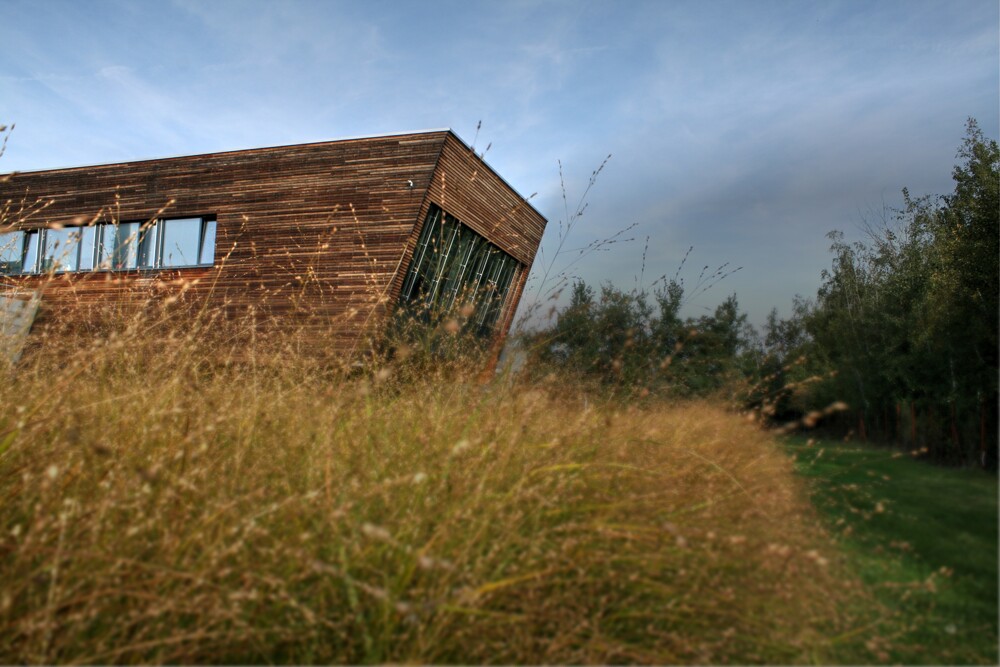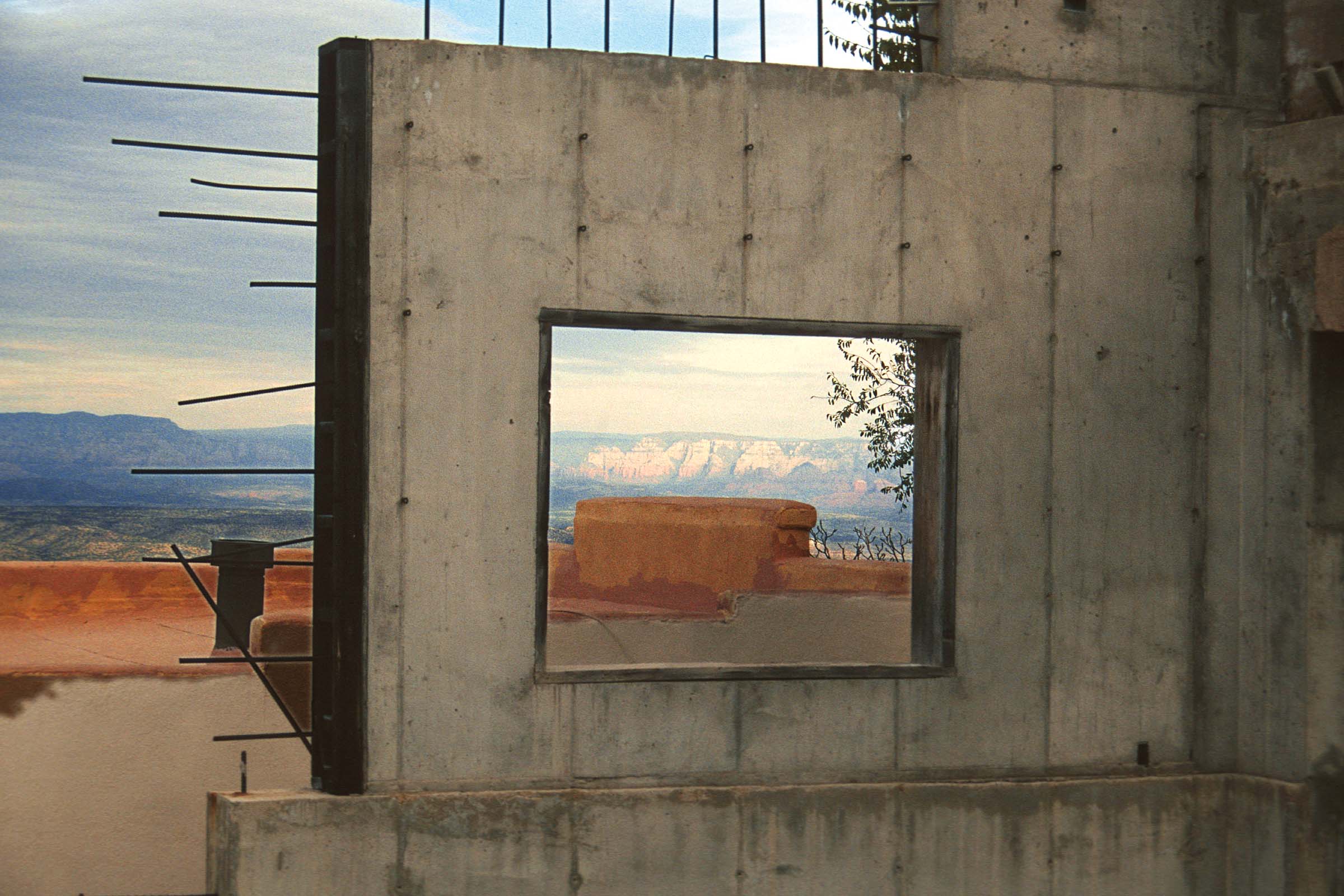
Registration number: GF22-14942K
Funding Agency:
Czech Science Foundation
Principal Investigator: prof. Ing. Petr Hájek, CSc.
Start: 01. 01. 2022
End: 31. 12. 2024
Partners: InnoRenew CoE
 Concrete production remains as one of the highest CO2 contributors using steel rebars as a reinforcement. Due to the concrete cover to protect steel from corrosion higher amount of concrete is consumed, as well as the overall cost and environmental impact associated with material provision is higher. Textile reinforced concrete (TRC) is a silicate material in which reinforcement consists of one or multiple mesh structured layers typically manufactured from inorganic fibres. Due to the use of a noncorrosive reinforcement, additional cover requirements can be limited, reducing the amount of cement and resulting in a higher sustainable potential. Recent research has been directed towards the use of more sustainable alternative materials. Natural fibres are renewable, widespread and accessible in both developing and developed countries and can be recycled and biodegraded. Moreover, some plant fibres have high specific mechanical properties. Hence natural fibres start to be considered as potential sustainable replacements to steel and synthetic reinforcements of concrete matrices.
Concrete production remains as one of the highest CO2 contributors using steel rebars as a reinforcement. Due to the concrete cover to protect steel from corrosion higher amount of concrete is consumed, as well as the overall cost and environmental impact associated with material provision is higher. Textile reinforced concrete (TRC) is a silicate material in which reinforcement consists of one or multiple mesh structured layers typically manufactured from inorganic fibres. Due to the use of a noncorrosive reinforcement, additional cover requirements can be limited, reducing the amount of cement and resulting in a higher sustainable potential. Recent research has been directed towards the use of more sustainable alternative materials. Natural fibres are renewable, widespread and accessible in both developing and developed countries and can be recycled and biodegraded. Moreover, some plant fibres have high specific mechanical properties. Hence natural fibres start to be considered as potential sustainable replacements to steel and synthetic reinforcements of concrete matrices.